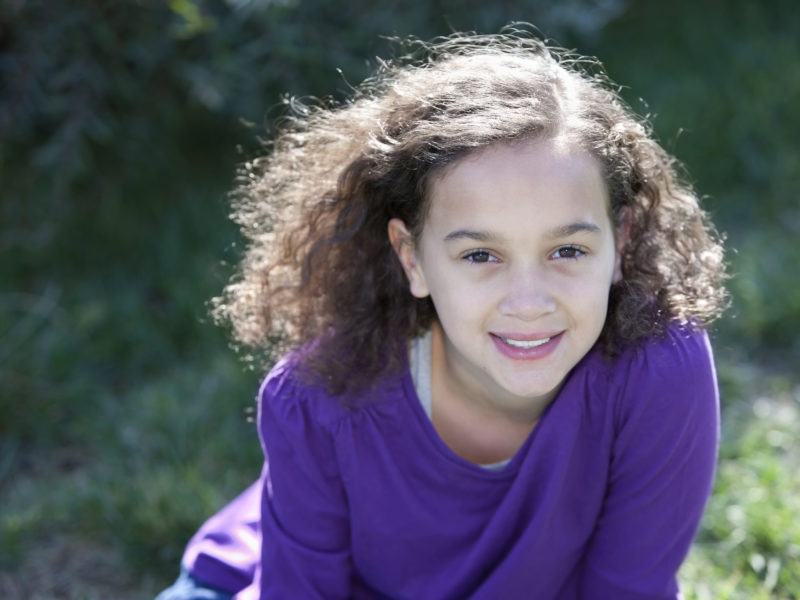Ebola in Children Creates Ethical Quandary
Ebola in Children Creates Ethical Quandary https://pediatricsnationwide.org/wp-content/themes/corpus/images/empty/thumbnail.jpg 150 150 Kevin Mayhood Kevin Mayhood https://secure.gravatar.com/avatar/bd57a8b155725b653da0c499ae1bf402?s=96&d=mm&r=g- April 25, 2015
- Kevin Mayhood
Do you keep a parent in the room while the virus rages inside a child?
The Ebola outbreak in Guinea, Liberia and Sierra Leone has challenged emergency preparedness at Children’s Hospitals and Clinics of Minnesota like nothing before — even more than the early days of AIDS and outbreaks of measles and H1N1 flu, says Infection Prevention and Control Director Patsy Stinchfield, MS, RN, CPNP.
Children’s of Minnesota, in St. Paul, is one of the six original children’s hospitals designated for Ebola management by agreement among local and state health departments, the hospital and federal agencies. The city is home to a large Liberian community.
“One of the silver linings about Ebola is we’re better prepared to handle most any infections emergency, not just Ebola,” says Stinchfield, an infectious disease nurse practitioner.
Beginning at the emergency department reception desk, staff is on the lookout. They ask patients reporting a fever a series of questions to catch measles, tuberculosis and now Ebola. “You have to think of the common and uncommon causes of illness all the time,” Stinchfield says. “Keep the lens wide.”
They’ve developed tight response teams with members ranging from doctors to environmental services workers. They talk each other through procedures, trust each other and feel free to speak up when a superior missteps, Stinchfield says. Members trained at Emory University Hospital, which successfully treated four adult Ebola patients. In St. Paul, they drill and drill.
The teams soon found the Ebola outbreak highlights novel ethical concerns in pediatric infectious disease care that many hospitals — even those that are well prepared logistically — are hard-pressed to resolve.
“With the focus on family-centered care, the usual practice is to have a parent present during treatment. But what are the ethics with Ebola?” Stinchfield says. “It’s heart-wrenching, because when the child is dying, the child needs the parent most. But that’s the riskiest time to be exposed to Ebola.”
Some argue the parent is already exposed and should remain and provide comfort. “But if the parent gets sick and dies, we’ve done the child no favor,” she says.
The parent could look through a window into the room or video chat using a computer tablet. But the options may be agonizing for the adult and terrifying for a toddler isolated with shrouded strangers.
Until guidelines emerge, the onus is on pediatric institutions to develop clear guidance on when and how a parent may be present with a child with Ebola.
References:
- Centers for Disease Control and Prevention. Interim guidance for preparing Ebola treatment centers. 2015 Jan 28.
- Centers for Disease Control and Prevention. Q&As about the transport of pediatric patients (<18 years of age) under investigation or with confirmed Ebola. 2015 Feb 2.
About the author
-
Kevin Mayhoodhttps://pediatricsnationwide.org/author/kevin-mayhood/
-
Kevin Mayhoodhttps://pediatricsnationwide.org/author/kevin-mayhood/April 25, 2015
-
Kevin Mayhoodhttps://pediatricsnationwide.org/author/kevin-mayhood/April 25, 2015
-
Kevin Mayhoodhttps://pediatricsnationwide.org/author/kevin-mayhood/October 23, 2015
- Posted In:
- In Brief







